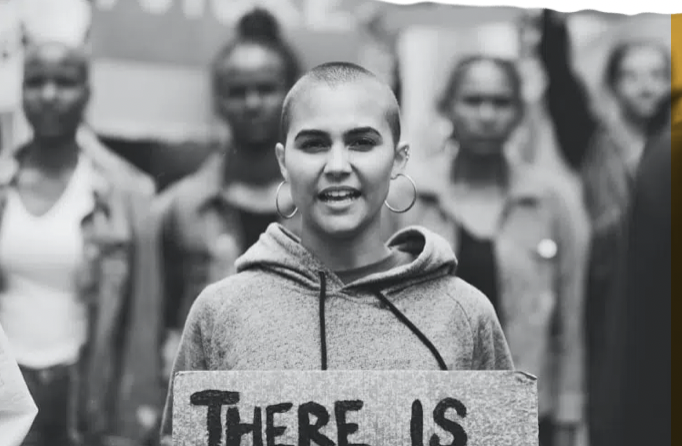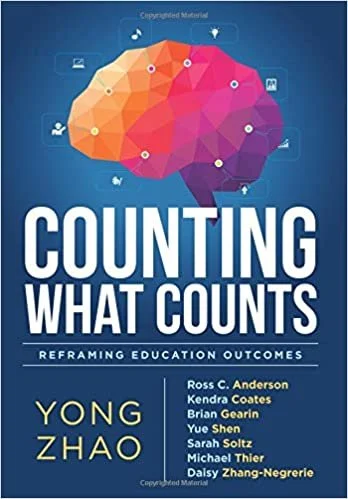Inquiry Inventory - 04/27/22
Here at The Human School, a big part of what brought us together is a deep love of reading and learning. We commit, as part of our learning journey, to sharing our week’s reading with you and what influences our thinking and learning.
Each week, you will see a post with what we’re reading, a quote, and an insight from that reading that leads us to deeper thinking.
To learn more about what we are reading, please take a look at our Connection Catalog.
More Human Systems by Ryan Burke
“When you talk about problems, frame them as a problem with the system, and not the behavior(s) the system produces. People in the system that are acting in ways that you don’t appreciate are symptoms of this problem, not the problem itself. “Our teachers are stuck and don’t want to change” can become “Our system rewards those that conserve what has worked in the past at the expense of what might be possible.””
First, if you don’t subscribe to the Leadership + Design newsletter, take a moment to do so, now! You won’t regret it….consistently their newsletter helps me think in new ways. And this latest edition is no exception. Just click on the image, scroll to the bottom of the page, and enter your info! Go ahead….do it now!
The entire article resonated with what we believe here at The Human School, but the quote above really hit home the idea of putting the humans first.
When we don’t like the way people in the system are acting, we tend to fall into criticism and judgement..of the human. This is not only unproductive, it places the source of the behavior…the system…in the background.
Systems define our behaviors. To change our behaviors, we must object to them and uncover what aspects of the system are leading to those behaviors.
—Randy
“Imagining Liberatory Education Futures” from KnowledgeWorks
“Activist Rapheal Randall describes liberatory education as ‘rooted in self-determination. It is derived from an understanding that all human beings have the right to participate in shaping a world that is constantly shaping them’ (Randall, 2018).”
KnowledgeWorks provides a forecast of liberatory education and the future of schooling, breaking down the forecast into multiple chapters. The first chapter in particular focuses on the Past, Present, and Future Inertia, and the above section looks at social justice and anti-racism movements. What struck me in particular was the line from Randall about “all human beings have the right to participate in shaping a world that is constantly shaping them.”
How often do we involve learners in the work we design for them? In the content, the structure, the assessment? The courses? The requirements? The buildings and districts and staffing? And yet, these elements all shape and impact them on a regular basis. That involvement of the human in what shapes its humanity is vital in our work, placing humans at the center of all design, both as participants and artists in the design. So how can we involve learners? Staff? Admin? Communities in our designs? How can we let those we are shaping be part of the process?
—Rachel
Counting What Counts by Yong Zhao
“As destructive as using scores to judge the quality of teaching and learning is, we cannot just get rid of it. Governments and the public need measures to hold schools and teachers accountable and know how their schools are doing. Parents need to know if their children are making progress and are on target. Schools and teachers need a way to know if their students are learning and progressing. Finally, universities and employers need to determine how well students are qualified. Thus, we have to seek alternative tools to supplant the presently dominating standardized tests as measures of educational quality.”
As we have been thinking a lot recently about the role of standardization and the impact of standardized tests as dehumanizing to learners and educators, a nagging question has continued to rise to the surface.
What should we use to replace “the tests” in our ever evolving vision of more human schools and classrooms?
While many of us would love to eliminate them outright, that is not a likely outcome. What IS possible is to tell more stories, together, that help to drown out the pervasive negativity and stifling nature of what comes as a result of the testing. We likely have to admit that while many of us loathe the tests and are challenged to find value as compared to the amount of time and energy (and funding) spent in doing well on them, we have yet to design something better and more learner focused. In this text, there are some interesting ideas about how we might tell better and more meaningful stories connected to learning.
—Chad



